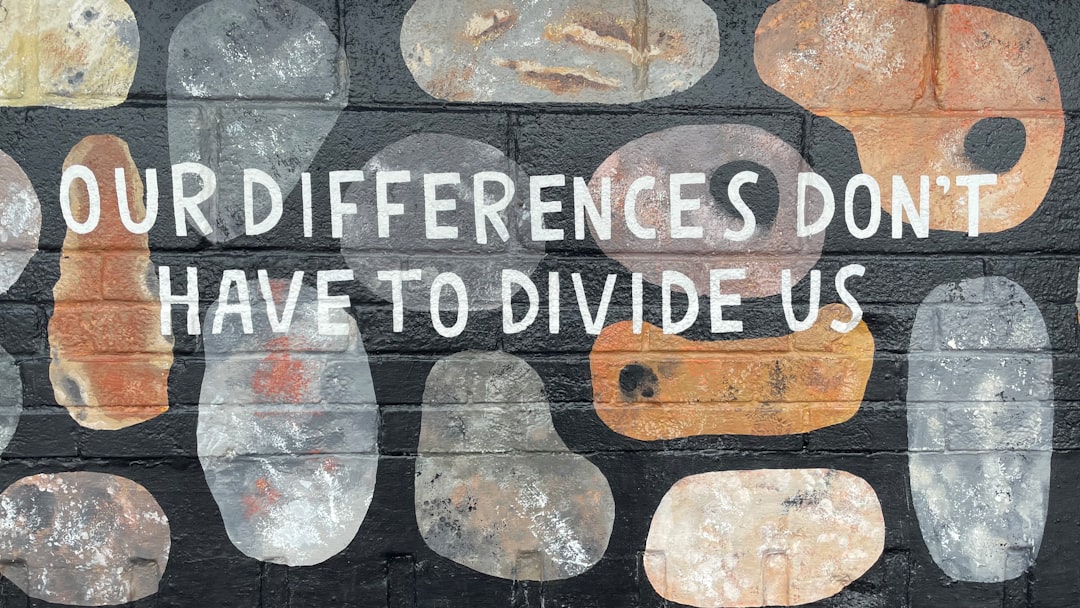Healing grief being a good listener.
Grief is a natural response to loss, and it can manifest in many different ways. As a friend or family member of someone who is grieving, it can be challenging to know how to support them. One of the most powerful ways to help someone heal from grief is by being a good listener.
Empathy and Understanding
When someone is grieving, they may need to express their emotions, thoughts, and memories. By actively listening to them, you can provide a safe space for them to share their feelings. It's important to offer empathy and understanding, without trying to fix their pain or offer unsolicited advice.

Validation and Acknowledgment
Listening to someone who is grieving also involves validating their emotions and acknowledging their pain. By doing so, you show them that their feelings are valid and that they are not alone in their experience. This can provide a sense of relief and comfort to the person who is grieving.
Creating a Safe Environment
Creating a safe and non-judgmental environment is crucial when listening to someone who is grieving. It's important to let them speak at their own pace and to refrain from interrupting or imposing your own thoughts. By doing so, you can help the person feel heard and respected.

Offering Support and Presence
Being a good listener also involves offering ongoing support and presence. This can include checking in on the person, spending time with them, and being available to listen whenever they need to talk. Your consistent presence can provide a sense of stability and reassurance.
Encouraging Professional Help
While being a good listener is valuable, it's also important to encourage the person to seek professional help if needed. Grief counseling or therapy can provide additional support and guidance for someone who is struggling to cope with their loss.

Conclusion
Being a good listener is a powerful way to support someone who is grieving. By offering empathy, validation, and ongoing presence, you can help them navigate through their emotions and begin the healing process. Remember that everyone grieves differently, so it's essential to adapt your approach based on the individual's needs.